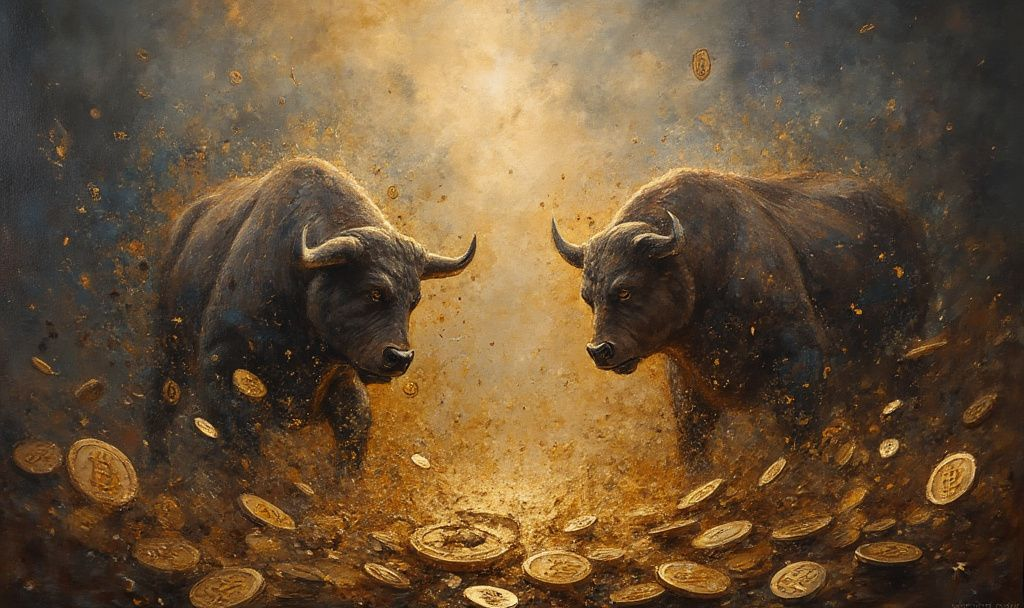- U.S. dollar plunges, affecting global markets.
- Bitcoin, gold show resilience amid volatility.
- Political tensions threaten Federal Reserve autonomy.
The dollar’s decline signals heightened financial instability, impacting currencies and asset valuations. Bitcoin and gold gain strength as global markets react to political pressures on the Federal Reserve.
The U.S. dollar’s recent slide to a three-year low has sent shockwaves through global financial markets. Political challenges to Federal Reserve Chairman Jerome Powell are believed to be behind this decline. Notably, President Trump has called for changes in Fed leadership.
As the dollar weakens, cryptocurrency markets see significant movement. Bitcoin’s price reached $92,000 and gold hit $3,382 per ounce. These shifts result from increased market uncertainty and ongoing political tensions in the U.S.
Robert Kiyosaki, Author of “Rich Dad, Poor Dad”, said, “Buy Gold, Buy Silver and Buy Bitcoin” as protective measures.
The implications of this situation are wide-ranging, affecting sectors from finance to commodities. With increased volatility, many investors are turning to safe-haven assets like gold and alternative assets such as cryptocurrencies.
Analysts suggest that continued political pressure on the Federal Reserve could lead to further destabilization of financial markets. They emphasize the need for stability in economic policymaking to restore investor confidence and mitigate global risks.
The dollar decline itself, marked by a 10% drop in recent months, indicates potential shifts in financial dynamics. Historical trends point toward increased volatility in the face of such macroeconomic changes, highlighting the interconnection between political actions and market responses.






